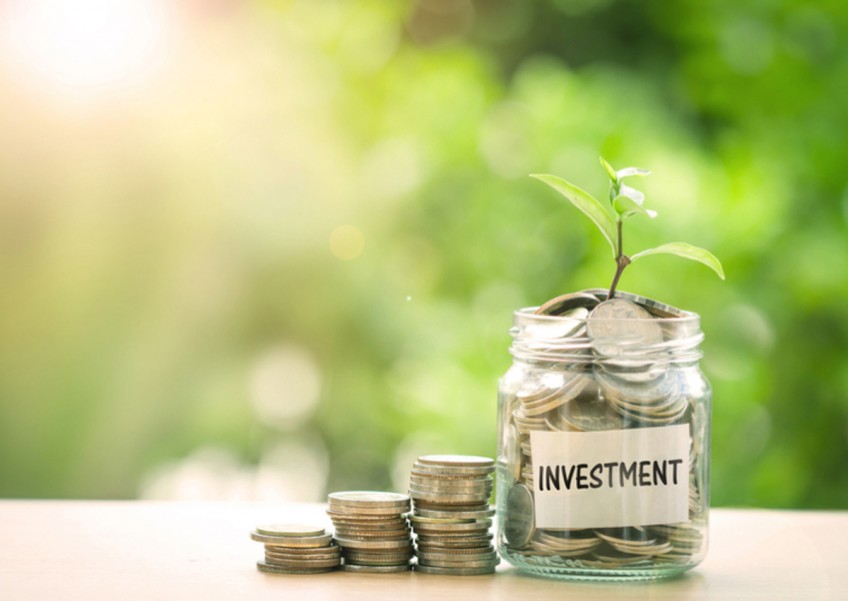Beginner's guide: when should you start investing and what to do first

If you are reading this beginners guide, give yourself a pat on the back. By reading this beginners guide, you have taken your first step towards a good start in investing.
START INVESTING AS YOUNG AS POSSIBLE
To be frank, the best time to start investing is when you are young. The younger you are, the better it is.
Why? When you start investing at an early age, it gives your investment time to compound. But even if you have already passed that stage, it is never too late to start investing.
For investment, any time is always a good time to start. The only fear you should have is not taking any step to start investing because the value of your money is slowly being consumed by inflation even as you are reading this article.
What do you have to do to start investing as soon as possible?
But before you start throwing every single cent you have into investments, there are a few things that you need to first complete before you can start investing.
1. SET ASIDE AN EMERGENCY FUND
The first and foremost is to build an emergency fund before you start investing. An emergency fund is a stash of money that you set aside in the event of job loss, illness or an unexpected major expense.
According to financial planners, you should build an emergency fund that is able to sustain 3-6 months of your living expenses (including insurance premiums, mortgage payments, tuition fee loan repayments, utilities, food and transport).
By setting aside an emergency fund, you can invest without worries whether you will need to liquidate your investments at an inopportune time. Just imagine if you had to liquidate your investments to meet your mortgage payments during the financial crisis.
2. MAKE SURE YOU HAVE THE RIGHT INSURANCE COVERAGE
Another important aspect that needs to be completed before you start investing is to ensure that you have the right insurance coverage. In order to invest with a peace of mind, you need to ensure that you have already bought insurance coverage to safeguard your dependents' financial well-being.
There are a few insurance coverages that you need to put in place, i.e. life insurance (death, critical illness, total and permanent disability) and health insurance (hospitalisation, income protection).
3. PAY OFF ALL YOUR HIGH-INTEREST DEBTS FIRST
If you still do not know, banks charge a much higher percentage than they offer you to put your money with them. So, before you start thinking about making more money through investment, why not limit your monthly cash outflow by paying off all your personal debts?
Once you manage to pay off all your debts, you can then start to think about how to invest your spare cash. (There are some debts that cannot be paid off within the short term, e.g. home loans. It is fine for you to maintain such loans. You do not have to pay off them before you start investing.)
4. BASIC UNDERSTANDING ABOUT INVESTMENTS
Once you have set aside an emergency fund and place the right insurance coverage, the next step is to learn the basics of investing. The basics of investments include understanding how investments work, how to buy and sell them, how do you make money from investments and what do the financial jargons mean.
There are 1001 things for you to learn about investments before you can become an expert. By learning the basics, it does not make you an expert to generate investment returns like Warren Buffett.
Instead, it allows you to make a sound judgement on investments, rather than relying on your financial advisor or friends to tell you what to invest in. So, before you start considering which investments to put your money in, learn and understand the basics.
5. GETTING YOUR SPOUSE ON BOARD
For those of you who are married (or planning to marry), you need to ensure that you discuss any investments that you will be making with your spouse first. This might sound like a trivial point but it has an important meaning behind it.
If you do not get your spouse to agree with you, you will find that you might end up taking less-than-ideal investment decisions down the road, e.g. needing to liquidate at the wrong time when your spouse finds out that you have been transferring money into an investment account.
Moreover, by discussing things with your spouse, your spouse might give you an additional perspective that you missed out.
6. FIGURE OUT WHY YOU ARE INVESTING
The final and probably most important step to take before investing is to figure out why you are investing. You should never invest without having a purpose in mind. Money is, after all, a means to an end.
There are many reasons why you would want to earn more money, be it achieving financial freedom at your desired age, planning for retirement or growing your child's education fund.
By first understanding your goal of investing, you can make better investment decisions that align with your goal.
HOW TO START INVESTING?
Once you have considered and taken steps to accomplish these six things, you are ready to start exploring in the world of investing. The next question is probably "How to start investing".
What are the things you need to set up to be able to start investing? Stay tuned for more in our next article.
This article was first published in BankBazaar.